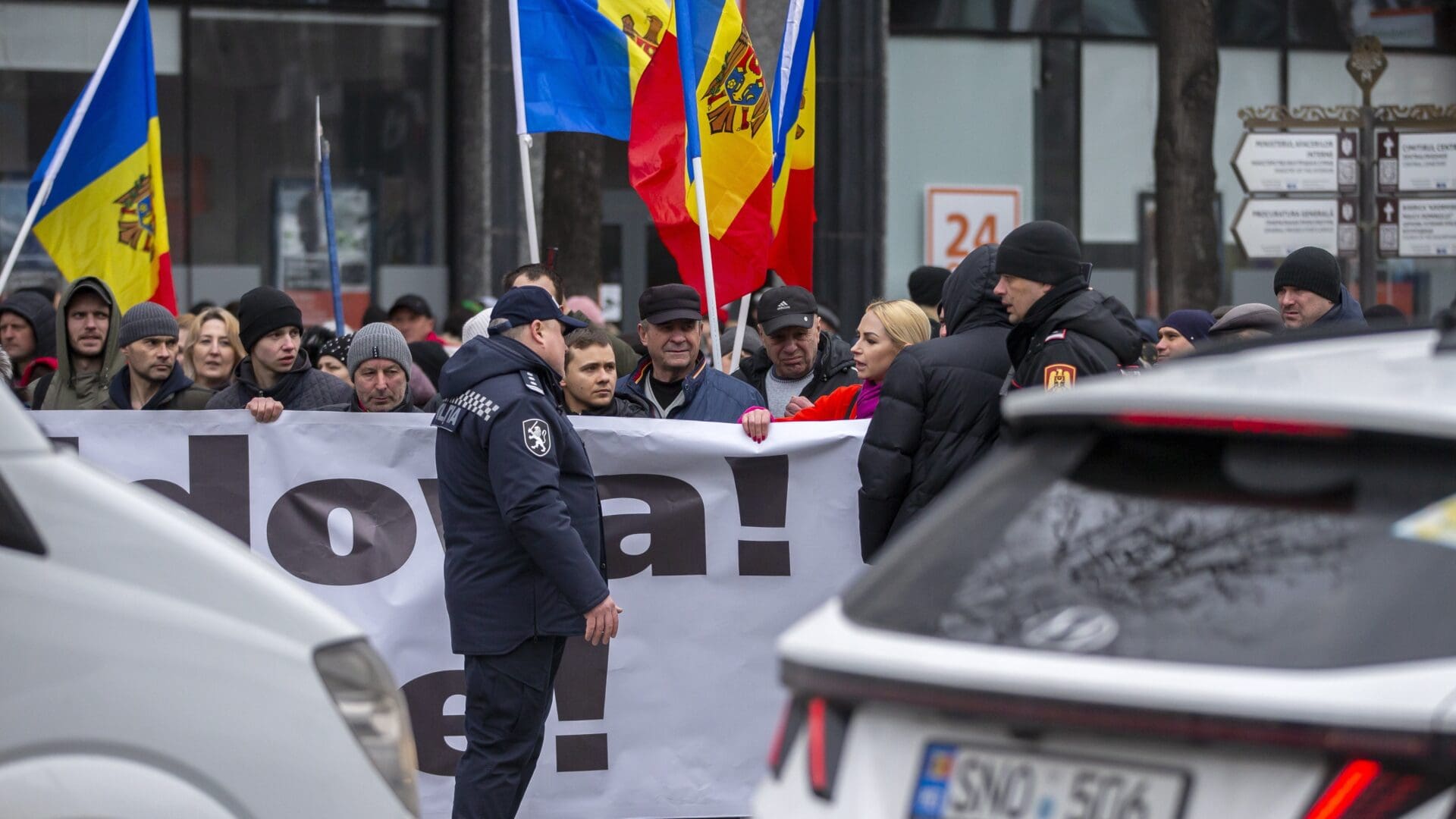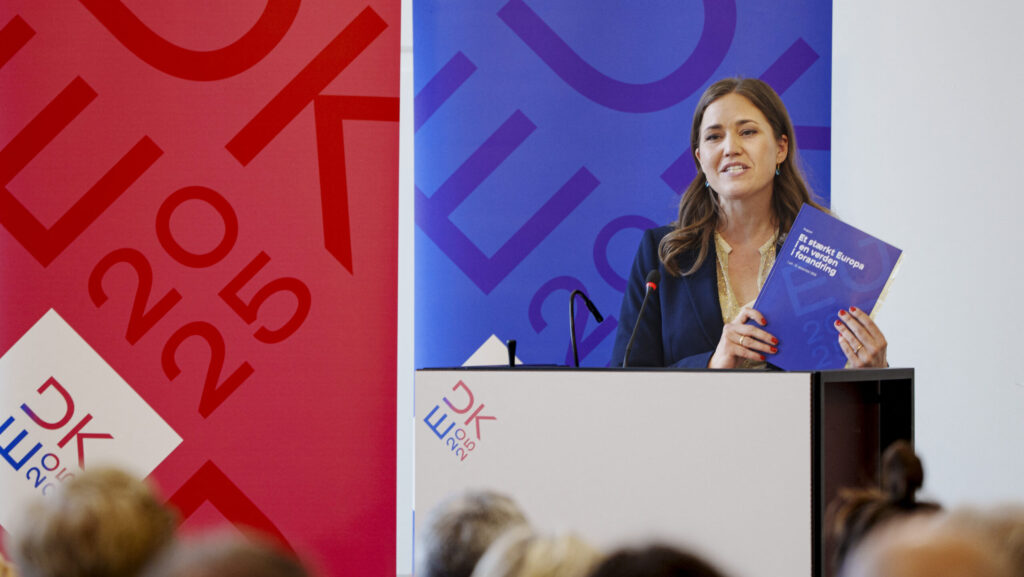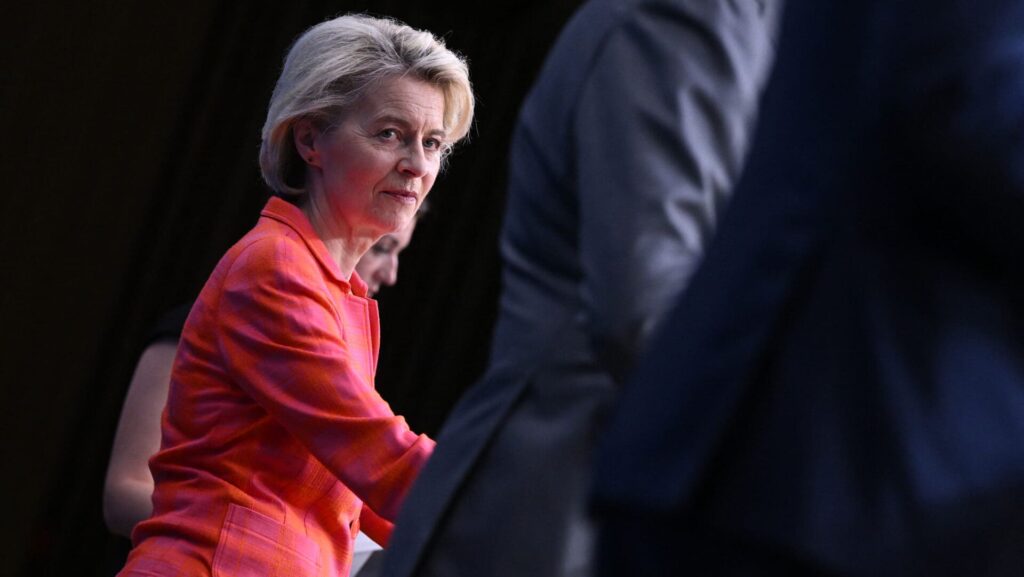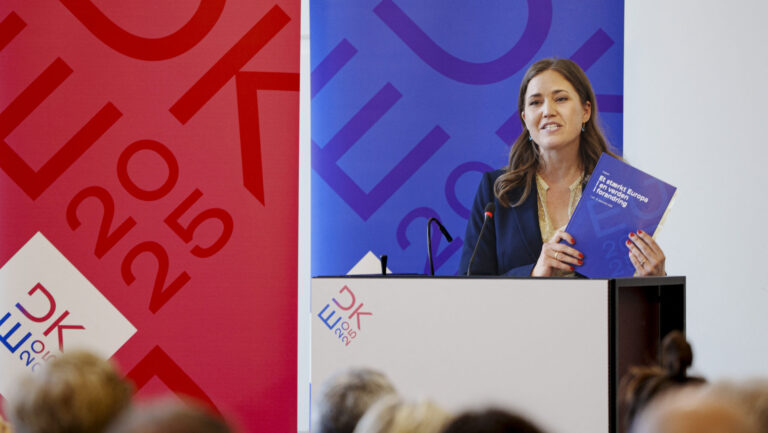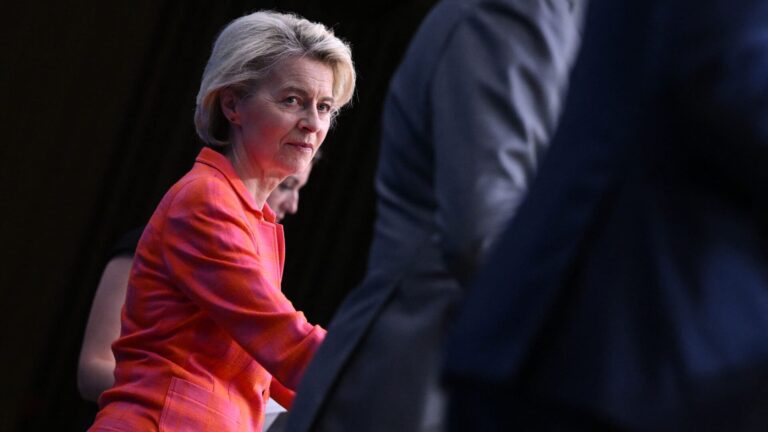Since February 2022, the Moldovan airspace has been violated several times by Russian missiles, as we have reported. But the most recent incident was significant, as the penetration lasted for a significantly longer period than the ones before—the missile even got close to the Romanian border.
As a reaction to the airspace infringement, Hungarian-owned ultra-low-cost airline Wizz Air announced that it would suspend all of its flights to Moldova due to the risks associated with flying in the country’s airspace.
The violation happened just a little after Ukrainian President Zelenskyy revealed information about a Russian plot to destabilise Moldova. Pro-EU Moldovan President Maia Sandu also confirmed the destabilisation plans of the Kremlin.
President Zelenskyy has suggested that the destabilisation campaign will unfold in order to provide a pretext to Russia for the occupation of part of Moldova, similarly to how Moscow annexed the Crimean Peninsula in 2014. The Ukrainian president also holds that in the future Russia would want to use the occupied Moldovan territory to launch military campaigns against his country. Currently, there are over 1,700 Russian soldiers in Moldova’s separatist region, Transnistria. The Russian defence ministry on the other hand has alleged that Ukrainian saboteurs dressed as Russian troops would launch an attack on Moldova. Moscow has provided no evidence for its claims.
Soon after the destabilisation attempt was uncovered, pro-Russian protests took place in the country. The protests were organised by the pro-Kremlin Șor Party, headed by the fugitive Moldovan oligarch, Ilan Shor. Shor was sanctioned by the UK and the US last year under the Global Magnitsky Act for his association with the Kremlin, as we have said in an earlier article.
Last week a second set of protests was organised by the pro-Moscow party, with participants demonstrating both against the government and the rising energy prices in the country.
Moldova relies on Russia 100 per cent for its energy,
so the country, which is the poorest in Europe, is now experiencing serious financial difficulties. The protests are believed to have been partially funded with Russian money.
President Maia Sandu has accused Russia of wanting to overthrow the pro-EU government with these protests so that Moldova stops progressing towards EU membership. Chișinău was granted EU candidate status together with Ukraine in the summer of 2022. Due to the protests, the Moldovan government turned to the Constitutional Court asking it to ban the Șor Party, which has six seats in the 101-seat Moldovan Parliament.
In response to intelligence reports about the Kremlin’s destabilisation attempts, Moldova decided to deny entry to foreigners from countries that it deemed ´pro-Russia´. As a result of this provision 59 people—including Serbian football fans and boxers from Montenegro—were not allowed into the Eastern European country. The decision has drawn significant criticism from the affected countries. Most recently, two foreigners were expelled from Moldova for engaging in actions that attempt to destabilise the country. The two expelled ´tourists´ were banned from the country for ten years. The Moldovan intelligence accused the expelled individuals of spying and unlawfully gathering information about the country. The nationality of the two ´tourists´ was not disclosed by the Moldovan authorities.
Romania has also got tangled up in the Moldova crisis, as there have been reports that Bucharest is preparing to send its military to aid Moldova. Romania condemned the news as Russian disinformation and confirmed that it is not planning any such move.

